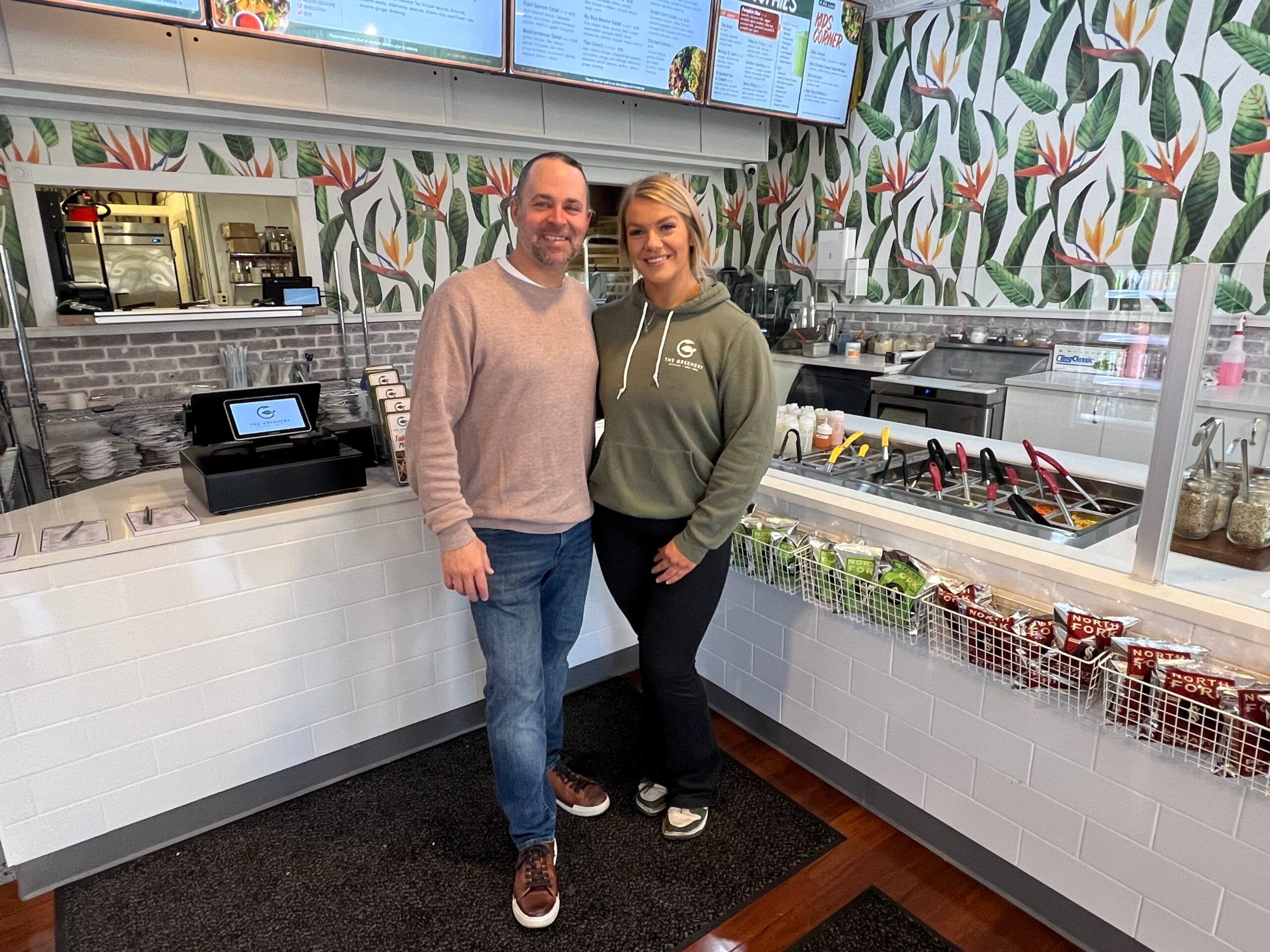
OUR SPONSOR
Greater Bay Shore coverage is funded in part by Shoregate, now leasing brand-new premium apartment homes in the heart of Bay Shore. Click here to schedule a tour.
When the Bay Shore girl’s varsity lacrosse team takes the field this Wednesday, they will honor the memory of a fellow athlete and spread mental health awareness.
In 2019, Morgan Rodgers, who played midfield for Duke University’s girls lacrosse team, died by suicide. In her honor, her family started Morgan’s Message, a nonprofit championing mental health for college and high school athletes.
Since the nonprofit formed in 2020, participating colleges and high schools — around 600 now — across the nation have hosted dedication games to remember Rodgers, share her story with young athletes and combat negative stigmas surrounding mental health.
The Bay Shore girl’s lacrosse team will host the game home this Wednesday, April 13, at 4 p.m against William Floyd. Players will don Morgan’s Message tees.
Kyra Harney, a former teammate of Rodgers’ at Duke and the director of the nonprofit’s at-large education program, will speak at the game and offer information for anyone seeking mental health assistance.
“What the whole nonprofit is organized around is just spreading awareness for mental health, specifically in the student athlete community,” Harney said. “I think I lot of times we tie in our identity to just who we are as an athlete and the whole message is that you’re more than just an athlete.”
Conversations regarding mental health in the athletic community have grown louder in recent years. Discussions sounded off on the international stage last year when decorated Olympian Simone Biles pulled herself out of the U.S. team gymnastics finals in the 2021 Tokyo Games to safeguard her mental wellness.
Rodgers’ story
Just prior to her sophomore season at Duke in 2017, Rodgers tore her ACL. In addition to undergoing surgery and rehabilitation, the young woman struggled with loss of control over her life and her self-worth plummeted.
Morgan died July of 2019. She was 22.
“She was very funny, she was an absolute goofball,” Harney said of her friend. “She’s someone that was always dancing or messing around and was kind of a forever young spirit. But also she was incredibly athletic and talented and gifted. She cared a lot about her friends.”
More than X’s and O’s
Harney said she’s seen many people in her network struggle with mental health not only during their time as athletes, but with what comes after.
“I think the worst part for me was the reality check of life after sports because that was such a big part of my life,” she said. “And then right when you go into corporate America and you’re just like every single other person and you don’t have sports being such a big confidence driver for you.”
Her older sister, Taylor Harney, the head coach of the Bay Shore girls lacrosse team, knows having her players’ backs off the field is just as crucial as supporting them during gameplay. She asks her athletes about their families, their homework and about themselves beyond lacrosse.
“I feel like a lot of times people speak to these athletes about the X’s and O’s and whatnot,” Taylor said. “But there’s so much more to them as people too. I like just getting to know them and who they are as an individual and how their daily life affects them.”
When her students graduate, whether they keep up with the sport or not, the coach want them to know she still values them and that she’s just a call away.
“Whether its the good or the bad I want my girls when they move on to know this is a life thing, you play for me in high school, but now we’re connected for life,” she said. “Whether it’s the good or the bad you can always reach out to me, it doesn’t have to be lacrosse related.
“If they need to call you at 3 a.m., you’re there at 3 a.m.”
Top: Morgan Rodgers with her parents, Dona and Kurt Rodgers, courtesy of Morgan’s Message.



























